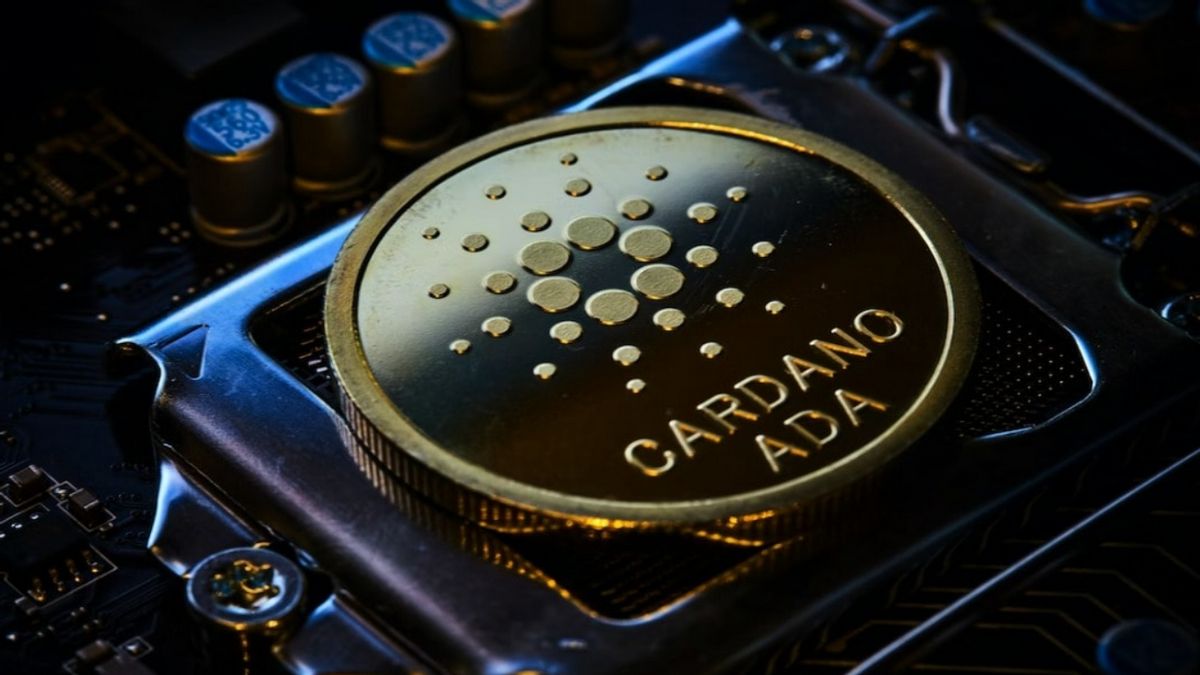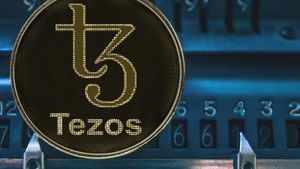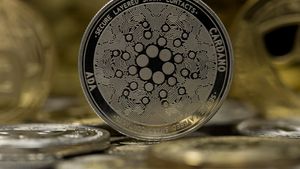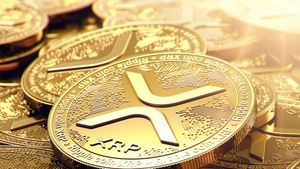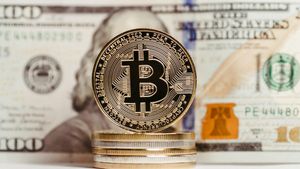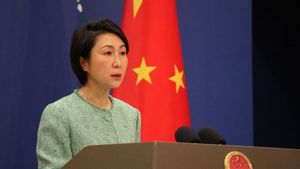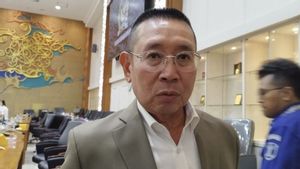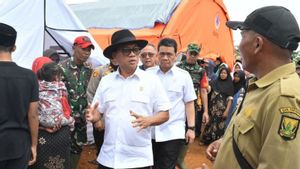JAKARTA Along with the large production of electric vehicles (EVs), demand for lithium as the main raw material for batteries has also increased. At the same time, lithium as a real asset will be tokenized by utilizing new technology, blockchain. This time, Argentina officially launched the world's first lithium tokenization project through the Cardano blockchain.
This project is the result of a collaboration between three major players in the lithium sector: Atmenomico 3, Zengate, and Alto Grande. It is reported that this project will start operating in the first quarter of 2025 and is believed to bring about significant changes in mineral resource management in Argentina.
The lithium Argentian tokenization project is planned to be implemented by utilizing blockchain technology to convert lithium ownership rights into digital tokens. That way, investors can own the fractional shares of lithium without having to own or manage it physically.
This tokenization aims to democratize resource access, increase liquidity, and facilitate international trade through secure and irreversible blockchain-based transactions.
Argentina, known as one of the largest lithium producers in the world, has major reserves in the Catamarca, Salta, and Jujuy regions. Lithium, which is an important component in EV batteries and renewable energy storage, plays a key role in the global transition to clean energy.
SEE ALSO:
With the estimated mineral export value exceeding $5.5 billion (Rp89.1 trillion) by 2025, this tokenization project is also expected to help overcome challenges in the accountability of supply chains.
Through blockchain technology, the project will increase material tracking and authenticity, reduce the risk of fraud, and ensure ethical standards and the environment are met. In addition, the project is also expected to strengthen collaboration between the Argentine government and mining companies, encouraging transparent and environmentally friendly practices.
Real world asset tokenizations such as minerals are predicted to be a billion-dollar industry by the end of the decade. According to a Boston Consulting Group (BCG) report, tokenization assets could represent at least 1% of the global mutual fund and ETF markets by 2030, equivalent to a business worth 600 billion US dollars (Rp9,720 trillion).
Pablo Rutigliano, founder of At waymico 3, stressed the importance of this project from an economic and environmental perspective. Blockchain technology allows all parties to trace the origins of lithium, ensuring its sources are ethical and sustainable. This includes compliance with local labor law, environmental standards, and water management which are important issues in the lithium-rich region in Argentina," he explained.
Rutigliano also stated that this project will provide significant benefits for local communities. By reducing dependence on intermediaries, profits can be directly felt by local manufacturers and communities. In addition, the introduction of blockchain-based platforms will also create new job opportunities in the field of technology and labor training.
By leveraging blockchain, lithium tokenization offers more open market access through fractional ownership, 24-7 trade, increased liquidity, and lower transaction costs. This project is not only a step forward for Argentina, but also an important milestone in the transformation of the global lithium industry.
The English, Chinese, Japanese, Arabic, and French versions are automatically generated by the AI. So there may still be inaccuracies in translating, please always see Indonesian as our main language. (system supported by DigitalSiber.id)
